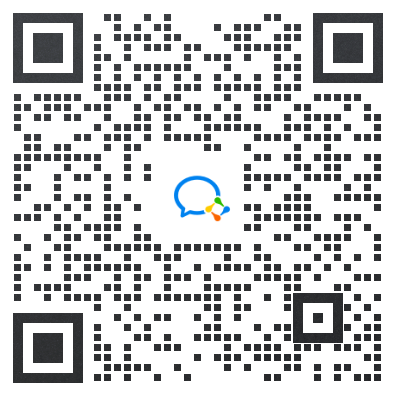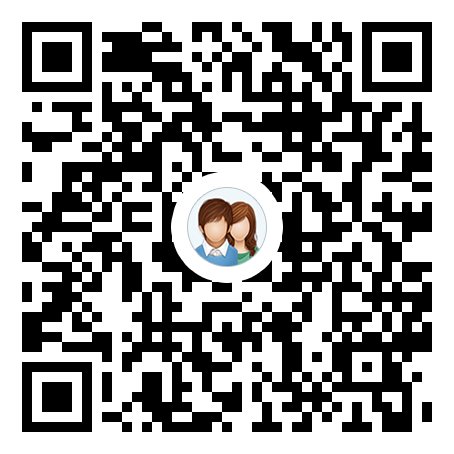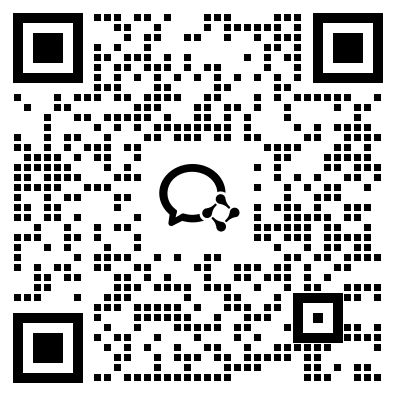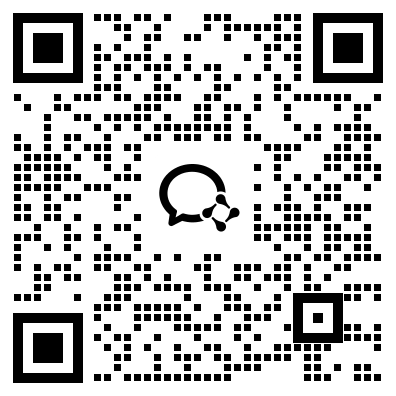2018年考研英语二完型填空及答案
摘要:历年考研英语真题是每一位考研学子的考研资料,对考研英语的复习至关重要。希赛网英语考试频道为大家整理了2018年考研英语二真题与答案完型填空试题,供大家参考学习。
2018年考研英语二真题
SectionⅠ Use of English
Directions:
Read the following text. Choose the best word(s) for each numbered blank and mark [A],[B], [C] or [D] on the ANSWER SHEET. (10 points)
Why do people read negative Internet comments and do other things that will obviously be painful? Because humans have an inherent need to _1_ uncertainty, according to a recent study in Psychological Science. The new research reveals that the need to know is so strong that people will_2_ to satisfy their curiosity even when it is clear the answer will_ 3 _.
In a series of four experiments, behavioral scientists at the University of Chicago and the Wisconsin School of Business tested student’s willingness to _4 _themselves to unpleasant stimuli in an effort to satisfy curiosity. For one _5 _, each participant was shown a pile of pens that the researcher claimed were from a previous experiment. The twist? Half of the pens would _6 _an electric shock when clicked.
Twenty-seven students were told which pens were electrified, another twenty-seven were told only that some were electrified. _7_ left alone in the room, the students who did not know which ones would shock them clicked more pens and incurred more shocks than the students who knew what would _8_. Subsequent experiments reproduced this effect with other stimuli, _9_ the sound of fingernails on a chalkboard and photographs of disgusting insects.
The drive to_10_ is deeply rooted in humans, much the same as the basic drives for _11_ or shelter, says Christopher Hsee of the University of Chicago, a co-author of the paper. Curiosity is often considered a good instinct—it can _12_ new scientific advances, for instance—but sometimes such _13_ can backfire. The insight that curiosity can drive you to do _14_ things is a profound one.
Unhealthy curiosity is possible to _15_ , however. In a final experiment, participants who were encouraged to _16_ how they would feel after viewing an unpleasant picture were less likely to _17_ to see such an image. These results suggest that imagining the _18_ of following through on one’s curiosity ahead of time can help determine 19 it is worth the endeavor. “Thinking about long-term _20_ is key to reducing the possible negative effects of curiosity.” Hsee says. In other words, don’t read online comments.
1. [A] protect [B] resolve [C] discuss [D] ignore
2. [A]refuse [B]wait [C] regret [D] seek
3. [A] hurt [B]last [C] mislead [D] rise
4. [A]alert [B] tie [C] treat [D] expose
5. [A] message [B] review [C] trial [D]concept
6. [A]remove [B] weaken [C] interrupt [D] deliver
7. [A] When [B]If [C] Though [D] Unless
8. [A] continue [B] happen [C] disappear [D] change
9. [A] rather than [B] regardless of [C] such as [D]owing to
10. [A] discover [B]forgive [C] forget [D] disagree
11. [A]pay [B] marriage [C] schooling [D] food
12. [A] lead to [B]rest on [C] learn from [D] begin with
13. [A] withdrawal [B] persistence [C] inquiry [D]diligence
14. [A] self-reliant [B] self-deceptive [C] self-evident [D]self-destructive
15. [A] define [B] resist [C] replace [D] trace
16. [A] overlook [B] predict [C] design [D] conceal
17. [A] remember [B] promise [C] choose [D]pretend
18. [A]relief [B] plan [C] duty [D] outcome
19. [A] why [B] whether [C] where [D] how
20. [A] consequences [B]investments [C] strategies [D] limitations
1. 【答案】A
【解析】句首作者提出疑问,“为什么人们会读互联网的负面评论和明显很让人伤心的其它事情呢?”随后作者给出答案,“因为人们都有___不确定性的内在需求”。[A]解决[B]保护[C]讨论[D]忽视,根据动宾搭配关系,解决不确定性搭配合理。
2. 【答案】C
【解析】本题考查动介词搭配。根据原文语境,需要选择一个动词和后面的“to”连用。[A]拒绝做...[B]等待做...[C]寻求,力求做...[D]后悔做...结合文意“人们要___ 满足他们的好奇心”来判断,正选为[C]寻求,力求做。
3. 【答案】D
【解析】根据原文语境,“painful, uncertainty”均为消极词汇。
4. 【答案】C
【解析】固定搭配考查。根据原文语境,考查短语____ sb to sth 意为“让某人承受某事”。因此,C选项为正选。
5.【答案】 B
【解析】根据上文,第二段句首提到in a series of four experiments,说明是在“实验”的语境。结合四个选项,[A]信息[B]实验[C]复习[D]观念,只有B选项和段落语境相符合。因此为正选。
6.【答案】 C
【解析】动宾搭配。结合语境,“当点击的时候,一半的钢笔会____电流。”根据动宾搭配,本题需要一个动词来搭配电流,考查四个选项,[A]移除[B]削弱[C]传递[D]打扰 A选项更符合语境。
7.【答案】 D
【解析】时间状语的考查。结合语境,“___被独自留在房间,学生会....”,因此,这是一个非常明显的时间状语从句。正选为D.
8. 【答案】A
【解析】动词辨析。结合原文语境,由who 引导的定语从句修饰前面的学生,而在定语从句中,又出现由what引导的宾语从句。结合宾语从句的含义,“知道接下来会发生什么”更符合语境。
9. 【答案】B
【解析】结合语境,后面语境为并列关系,因此此题应填举例子。B为正选。
10. 【答案】D
【解析】Discover 与上文中的Curiosity 相对应。
11 .【答案】C
【解析】本词与后文的Basic drives 的详细说明。与shelter一样都属于人类的基本需求。
12 .【答案】D
【解析】破折号的内容是对前文instinct 的解释。说明这种本能能够促进新的科学发展,属于因果关系。
13. 【答案】B
【解析】跟前文的drives 相对应。
14. 【答案】A
【解析】本题与前文的backfire相对应,都属于贬义词。
15. 【答案】A
【解析】从后文的试验中,参与者应该被鼓励参与,因此跟前文的坚持相对应。
16. 【答案】A
【解析】通过后文的after能看出这个事情并没有发生,因此填预测。
17. 【答案】B
【解析】动宾搭配。
18.【答案】C
【解析】of 引导的后置定语。由一个人的好奇心所带来的结果。
19.【答案】A
【解析】whether 引导宾语从句。
20.【答案】D
【解析】关联对应,对应18题的outcome.
相关推荐:
延伸阅读

考研微信公众号

考研备考资料免费领取
去领取
- 3
- 1
- 0
 专注在线职业教育25年
专注在线职业教育25年









 扫描二维码
扫描二维码
 扫描二维码
扫描二维码








